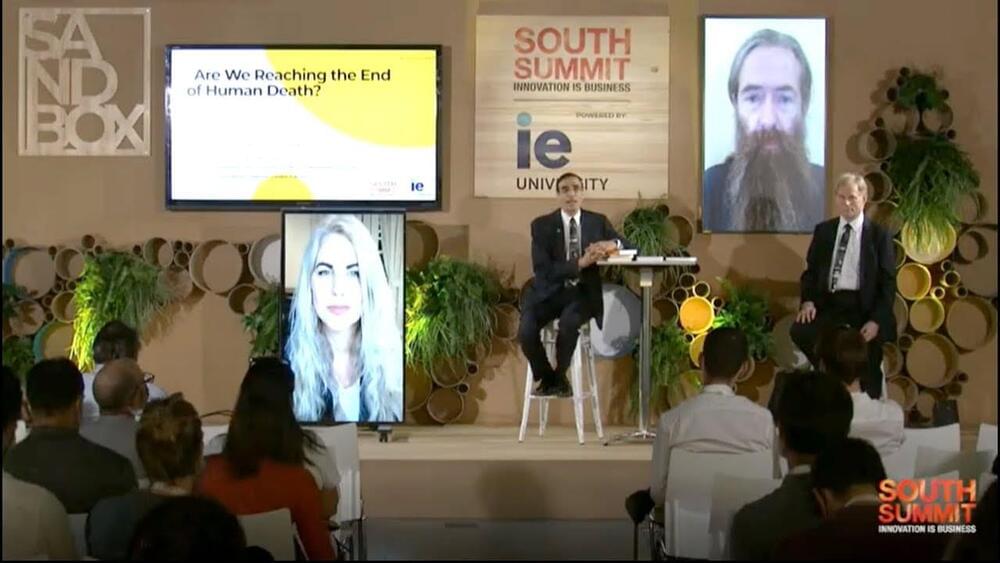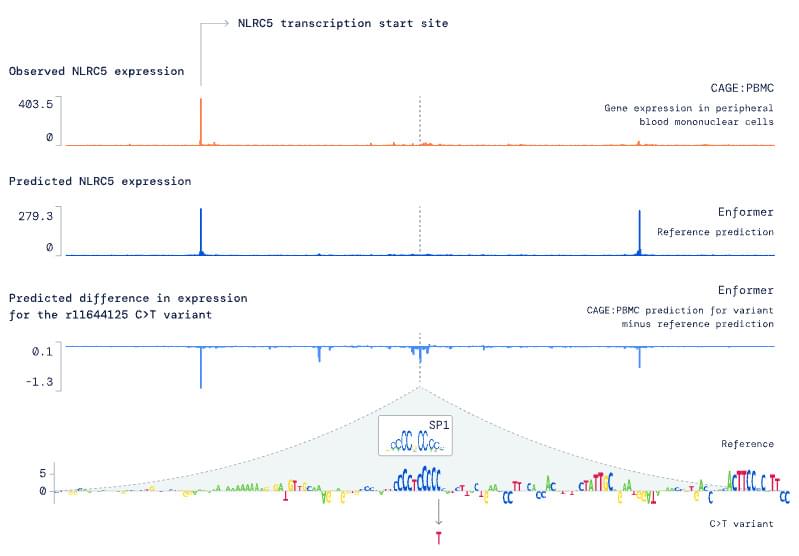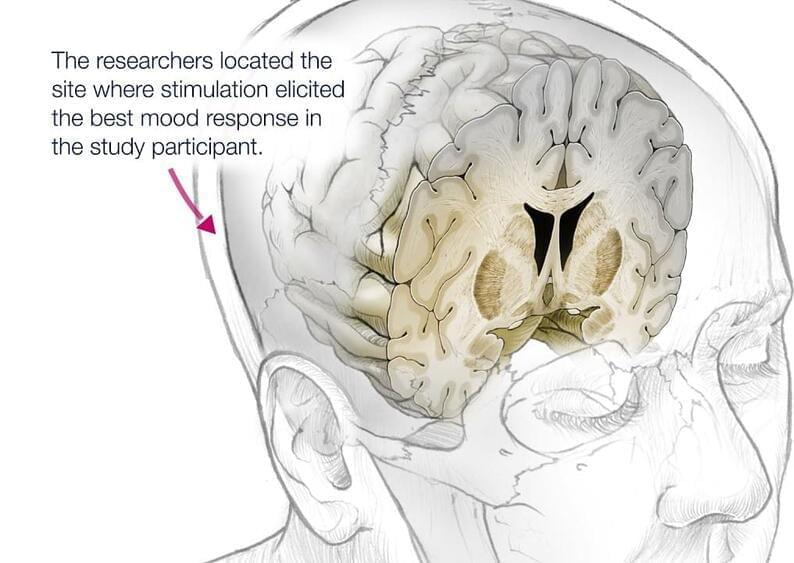
Most important, the encoded logical qubit performed better than the physical ones on which it depends, at least in some ways. For example, the researchers succeeded in preparing either the logical 0 or the logical 1 state 99.67% of the time—better than the 99.54% for the individual qubits. “This is really the first time that the quality of the [logical] qubit is better than the components that encode it,” says Monroe, who is cofounder of IonQ, a company developing ion-based quantum computers.
However, Egan notes, the encoded qubit did not outshine the individual ions in every way. Instead, he says, the real advance is in demonstrating fault tolerance, which means the error-correcting machinery works in a way that doesn’t introduce more errors than it corrects. “Fault tolerance is really the design principle that prevents errors from spreading,” says Egan, now at IonQ.
Martinis questions that use of the term, however. To claim true fault-tolerant error correction, he says, researchers must do two other things. They must show that the errors in a logical qubit get exponentially smaller as the number of physical qubits increases. And they must show they can measure the ancillary qubits repeatedly to maintain the logical qubit, he says.


















